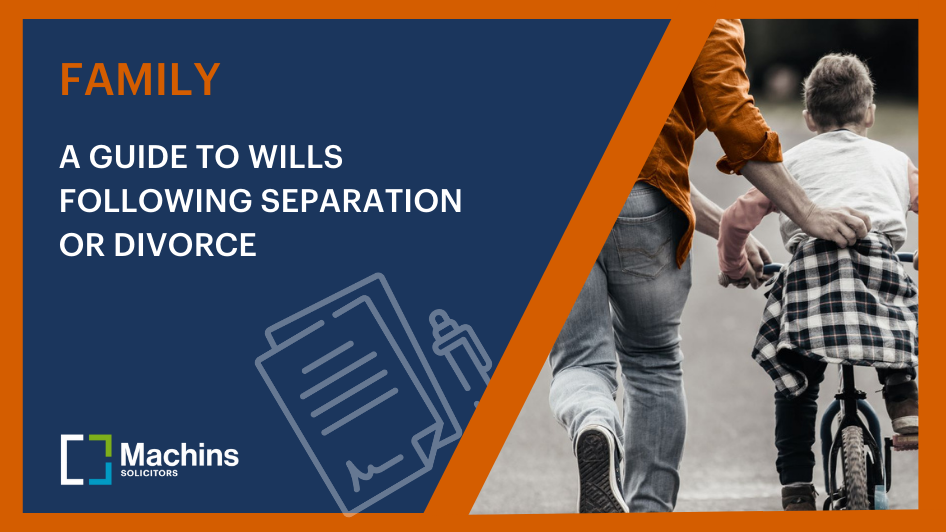Frequently Asked Questions
Why have I received a Letter Before Proceedings?
You have received a letter before proceedings, as the local authority considers your children are at risk of not being looked after properly. As a result of their concerns they are considering Issuing court proceedings. The letter explains why they think this.
The process gives you an opportunity to show the local authority that you are willing to work with them and address their concerns. If you do not take this chance, the local authority will consider starting care proceedings.
What happens in Care Proceedings?
Care Proceedings are a formal process where the local authority often asks the court for an order to remove a child or children from their parents’ care. If care proceedings were issued this could mean that your children would live with someone else.
This can be for just a few weeks or until the Court makes a final decision, which could be a number of months. This would also give the local authority parental responsibility for your children, which they would share with you, but would mean the local authority would have the legal right to make decisions about your children’s lives, for example whether they get medical treatment.
What is a Supervision Order?
A supervision order is an order where a child is under the supervision of a designated local authority.
If a supervision order is granted, the local authority has a duty to advise, assist and befriend a child/children. A supervision order does not give parental responsibility to the local authority and a child/children cannot be removed from your care, without the local authority returning the matter to court and seeking a further order.
The court will decide on how the supervision of your family should take place and often the local authority will prepare a written agreement setting out what you are required to do and also what the local authority will do to support you and your family.
What is a Forced Marriage Protection Order?
A Forced Marriage Protection Order can be made to protect a person from being forced into marriage against their will. An order can also be made to protect a person who has already been forced into marriage, to help remove them from the situation.
An application for a Forced Marriage Protection Order is often made by social services or by the police. If you feel you are at risk of harm you need to contact the police.
What happens when an Emergency Protection Order (EPO) is granted?
If an EPO is granted by the Court, the Local Authority will then share parental responsibility for the child/children this will be a higher level of parental responsibility and will enable them to make decisions about the child without permission of others with parental responsibility, such as where the child should be living.
The Local Authority when making their application will have set out a proposed care plan, setting out their views on whether the child should be removed from their parents and if not, what safeguards needs to be put in place or if they say the child/children should be removed and if so, where the child should be placed and what contact can be safely arranged with the parents.
An EPO usually lasts for 8 days but an application can be made to extend this for a further 7 days. During this time the Local Authority will consider whether to make any further applications in respect of the child/children to keep them safe.
When can I make an application to Discharge Care Orders?
When a Care Order is granted and a child or children are placed in the care of the Local Authority this can be an extremely difficult time for families. There is however provision for a Care Order to be discharged if it can be shown that there has been a significant change in circumstances since the Care Order was granted.
An application to discharge a Care Order can be made by the child, parent, Local Authority or any person with Parental Responsibility. The process to discharge a Care Order can be complex and often entails a detailed assessment or evidence to support the application from people/professionals working with the family, to show the concerns/risks in the care proceedings have been addressed or reduced such that a child/children would be safe in the parents care.
There is no time frame in which an application can be made. However, very few applications will be successful within the first year as it is often expected that the significant changes need to be demonstrated over a prolonged period of time to show that the changes have been sustained.
Unlike Care Proceedings, legal aid is not automatically available when discharging a Care Order, although it is available in some limited circumstances. The Legal Aid Agency will take into account the likelihood of success of your application and your financial circumstances.
If you are unhappy with the level of contact the Local Authority are allowing in respect of a child who is in the Local Authority’s care you can made an application for an Order for contact. It is however expected you would have raised your wish for a higher level of contact with the Local Authority and should have been raised at the Looked After Child Reviews, where contact will be considered.
If you are the child in care’s parent, guardian or special guardian, or if you held a Residence Order or Child Arrangements Order immediately before the Care Order was granted, you will not need the Court’s permission to make the application. However, if you are any other person you will need to seek the Court’s permission before making such an application.
When making an application for contact notice is given to the Local Authority, any person with Parental Responsibility and any person caring for the child at the time of the application.
Unlike Care Proceedings, legal aid is not automatically available when discharging a Care Order, although it is available in some limited circumstances. The Legal Aid Agency will take into account the likelihood of success of your application and your financial circumstances.
When will the Local Authority apply for a Secure Accommodation Order?
The Local Authority can apply for a Secure Accommodation Order if a child is subject to an Interim Care Order or Care Order and has a history of absconding and there is concern that the child will continue to abscond putting themselves at risk of significant harm.
If a Secure Accommodation Order is granted, this gives the Local Authority permission to restrict the child’s liberty by keeping them in secure accommodation where the risk of absconding is significantly reduced.
A Secure Accommodation Order can initially last for a period of 3 months but can be renewed for 6 months thereafter. However the Local Authority should regularly review the risks as a child should not be kept in secure accommodation for any longer than is absolutely necessary.
What is a Child Assessment Order?
If the Local Authority become concerned for the welfare of a child they may seek for assessments to be carried out on that child in order to establish whether there is a need for any further action. If the person exercising Parental Responsibility refuses to consent to such assessments the Local Authority can make an application for a Child Assessment Order.
The purpose of the assessment is to provide a range of information, identifying not only whether harm may exist, but also describing its nature and extent. It is designed to enable information that cannot be obtained by other means to be gathered without the need to remove the child from home.
This is usually made where the risk of harm is not immediate and the Local Authority will need to show that they have reason to believe that the child is suffering, or is likely to suffer, significant harm and a satisfactory assessment cannot be made without a Court Order.
Once a Child Assessment Order is granted, the person exercising Parental Responsibility must make the child available for the assessment.

























